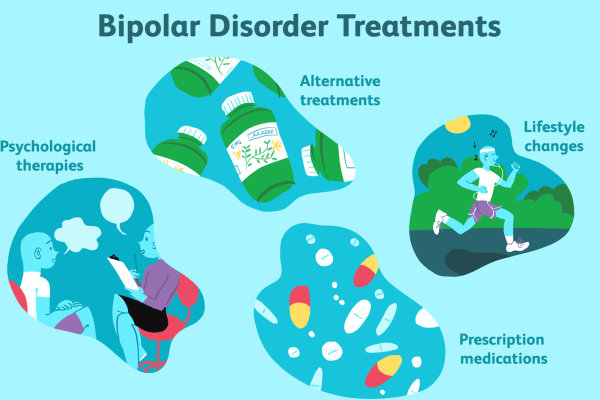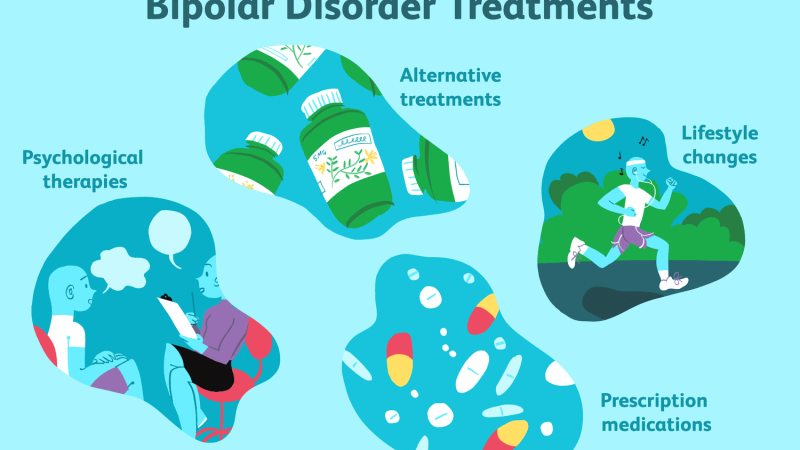Choosing a Supported Independent Living (SIL) provider is a life-changing decision for NDIS participants and their families. The right SIL provider can empower individuals with disabilities to lead more independent, meaningful, and supported lives. In Melbourne’s growing disability support sector, knowing what to look for in a trusted provider is essential.
This comprehensive guide walks you through everything you need to consider—from staff qualifications and person-centred care to safety and community inclusion. Whether you’re a participant, family member, or support coordinator, this resource will help you make an informed decision.
Understanding SIL Services in Melbourne
What Is Supported Independent Living (SIL)?
Supported Independent Living (SIL) is a funded support under the National Disability Insurance Scheme (NDIS) designed to assist individuals with daily living tasks. SIL enables people with disabilities to live as independently as possible, usually in shared or individual accommodation with 24/7 support.
Unlike Specialist Disability Accommodation (SDA), which focuses on the physical environment, SIL focuses on support services, such as:
-
Personal care
-
Medication assistance
-
Meal preparation
-
Household chores
-
Social and community participation
Why SIL Services Are Vital for NDIS Participants
SIL is more than just support—it’s about empowering people to live autonomously. Benefits of SIL include:
-
Development of daily life and self-care skills
-
Encouragement of routine and independence
-
Access to round-the-clock assistance
-
Improved mental health and confidence
-
Stronger connections with community and peers
In Melbourne, where inclusivity and accessibility are top priorities, choosing the right SIL provider in Melbourne is critical to achieving positive long-term outcomes.
Key Qualities of a Trusted SIL Provider
NDIS Registration and Compliance
A trusted provider must be NDIS registered. This ensures they comply with strict NDIS Practice Standards, including:
-
Worker screening
-
Incident management
-
Participant rights
-
Risk mitigation and safety standards
Look for providers with a proven compliance record, regular audits, and a visible commitment to ongoing quality assurance.
Staff Qualifications and Experience
Support workers are the backbone of SIL services. Ensure your provider employs:
-
Qualified disability support professionals
-
First aid-certified staff
-
Culturally sensitive and trauma-informed workers
-
Team leaders or on-site coordinators
Ask about staff turnover rates and whether ongoing training and supervision are in place.
Person-Centred Support Planning
Quality SIL providers create tailored support plans based on each participant’s:
-
Personal goals
-
Daily needs
-
Health conditions
-
Preferences and routines
These plans should be reviewed regularly and co-developed with the participant, family, and allied health professionals to ensure holistic care.
Safe and Comfortable Living Environments
Your living space plays a critical role in your well-being. Trusted providers offer:
-
Accessible homes (wheelchair ramps, wide hallways, safety rails)
-
Safety features (emergency buttons, monitored systems, secure entry)
-
Clean, welcoming spaces with both private bedrooms and shared community areas
Ensure that the homes meet Victorian tenancy standards and are located in safe neighborhoods.
Strong Community Engagement
A top-tier SIL provider will foster community participation through:
-
Social outings and group activities
-
Support to attend events, workshops, or work placements
-
Collaboration with community centres, employment services, and recreational programs
Their goal should be to build confidence and inclusion, not just provide supervision.
Transparent Communication and Reporting
Trustworthy providers maintain open communication channels and provide:
-
Clear incident reporting processes
-
Regular progress updates to families or guardians
-
Easy-to-understand service agreements
-
Opportunity for participants to give feedback safely
Transparency builds trust and encourages collaboration among all stakeholders.
Evaluating SIL Accommodation Options
Location and Accessibility
The location of the SIL home should promote independence and connectivity. Consider:
-
Proximity to public transport
-
Access to shops, hospitals, and recreational venues
-
Safety of the local area (lighting, walkability, crime rates)
Melbourne offers a wide range of suburbs with accessible infrastructure—choose one that suits the participant’s lifestyle.
Type of Housing Available
SIL accommodation comes in various forms, such as:
-
Shared houses with other NDIS participants
-
Private rental properties with on-site support
-
Purpose-built group homes
Ask about:
-
Furnishings
-
Personalization options
-
Lease and tenancy rights
Matching Housemates and Compatibility
Shared living only works when housemates are compatible. A good provider will:
-
Conduct assessments to match participants
-
Facilitate introductory visits
-
Support conflict resolution and mediation if necessary
Well-matched residents contribute to a peaceful and nurturing home environment.
Questions to Ask a Potential SIL Provider
Before signing any agreement, ask these crucial questions:
Operational Questions
-
How do you onboard new participants?
-
What does your support schedule look like?
-
How do you handle medical emergencies or behavioural challenges?
Staff and Support
-
What training does your team receive?
-
Are there shift supervisors or coordinators on-site?
-
What is your support worker-to-resident ratio?
Participant Involvement
-
How often are support plans reviewed?
-
How do you involve participants in decision-making?
-
Can families or guardians contribute to planning?
Red Flags to Watch Out For
Choosing the wrong provider can have serious consequences. Be alert to:
Lack of Transparency
-
Vague answers about fees or services
-
No clear processes for incidents or feedback
Poor Communication or Staffing
-
Difficulty getting updates
-
Low staff availability
-
Frequent changes in support workers
Negative Reviews or Reputation
-
Consistently bad online reviews
-
Poor word-of-mouth from other families
-
No visible community presence
If a provider seems hesitant to answer your questions or allow a site visit, consider it a red flag.
How to Start Your Search for a Trusted SIL Provider in Melbourne
Use the NDIS Provider Finder Tool
This official tool allows you to search for NDIS-registered providers in your area, including filters for:
-
SIL-specific services
-
Language and cultural needs
-
Provider reviews
Seek Recommendations from Trusted Networks
Your support coordinator, local area coordinator (LAC), therapists, or even peer support groups can guide you toward reputable providers.
Visit Potential SIL Homes
Schedule tours of homes and ask to meet the support staff. A firsthand visit helps you assess:
-
The physical space
-
Interaction between staff and residents
-
Cleanliness and comfort
Bring a checklist or advocate along to ensure nothing is overlooked.
Conclusion: Building a Path to Independence with the Right SIL Provider
Choosing the right SIL provider in Melbourne is about more than ticking boxes—it’s about partnership, empowerment, and quality of life. A trusted provider will:
-
Be NDIS registered and compliant
-
Employ skilled, compassionate staff
-
Offer person-centred care in safe, accessible homes
-
Foster meaningful inclusion in the community
-
Communicate openly and transparently
Whether you’re searching for your own accommodation or assisting a loved one, taking the time to research, ask questions, and visit homes will help you find a provider who meets your needs and exceeds your expectations.
Frequently Asked Questions (FAQs)
Q1. What does a SIL provider do exactly?
A SIL provider offers daily living support for NDIS participants in a home setting, helping with tasks like cooking, hygiene, and medication, while promoting independence.
Q2. Can I choose my SIL provider under the NDIS?
Yes, participants have full choice and control under the NDIS to choose their preferred SIL provider.
Q3. Do I have to live in a group home to get SIL support?
No. SIL can be delivered in shared homes, individual rentals, or purpose-built accommodation, depending on your NDIS plan and needs.
Q4. What are the costs involved with SIL services?
SIL is typically funded by the NDIS. However, participants may still be responsible for rent, utilities, and personal expenses.
Q5. How long does it take to transition into SIL accommodation?
It can take weeks to several months, depending on housing availability, NDIS approvals, and support planning.
Q6. Can I change my SIL provider if I’m unhappy with the service?
Absolutely. You can change providers at any time, subject to the terms in your service agreement and with the help of your support coordinator.









